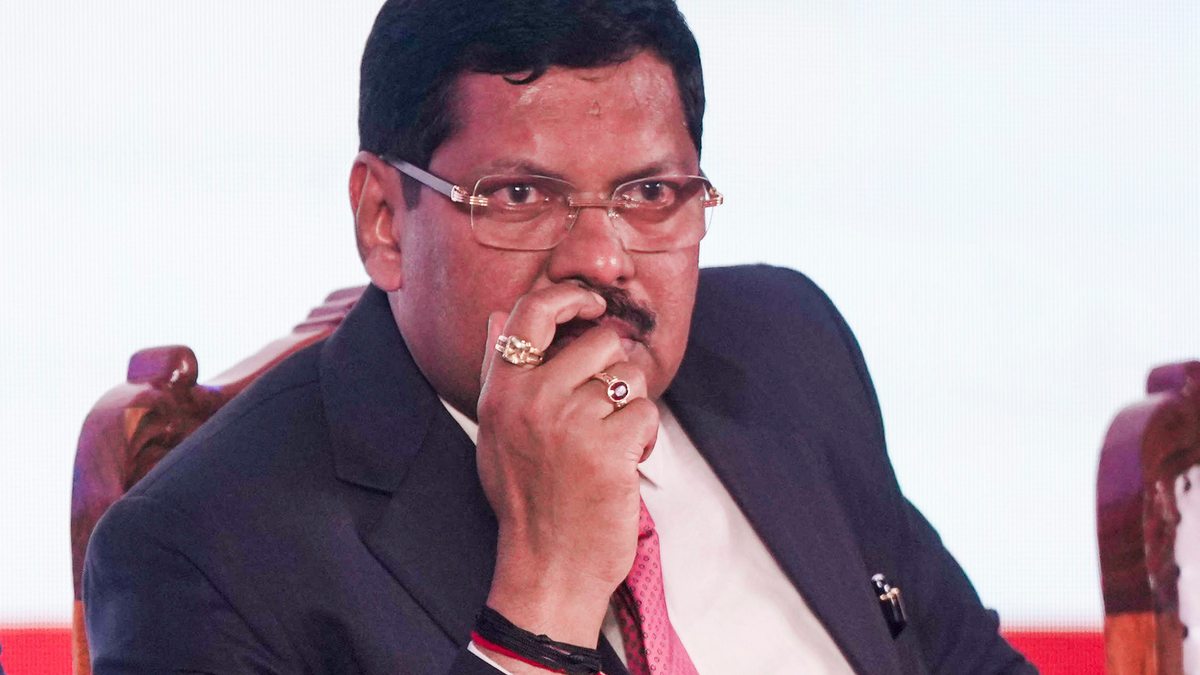Justice BR Gavai will be the next Chief Justice of India.
The development comes after CJI Sanjiv Khanna, who is set to retire on May 13, forwarded his recommendation to the Union law ministry.
Gavai, who is the second most-senior judge after Khanna, will be appointed as CJI on May 14.
Gavai will be the 52nd Chief Justice of India. He will serve till his retirement on November 23, 2025.
Supreme Court judges retire at age 65.
But who is Gavai? What do we know about him?
Let’s take a closer look:
As per Hindustan Times, Gavai was born on November 24, 1960, in Maharashtra’s Amravati. Gavai is the son of veteran parliamentarian Ramkrishna Gavai. His father founded the Republican Party of India (RPI).
Gavai kicked off his legal career in 1985. He initially worked with the late Raja S Bhonsale, former Advocate General and High Court judge. In 1987, he began an independent practice at the Bombay High Court.
Gavai focused on Constitutional and Administrative Law. He represented many civic and educational bodies including the Municipal Corporations of Nagpur and Amravati, Amravati University, and state-run corporations such as SICOM and DCVL.
In August 1992, Gavai was appointed Assistant Government Pleader and Additional Public Prosecutor at the Nagpur Bench of the Bombay High Court. Gavai in 2000 became the Government Pleader and Public Prosecutor for the same bench.
As per India TV, Gavai was appointed a Bombay High Court judge in 2003. He became a permanent judge of the high court on November 12, 2005. Gavai was elevated to the Supreme Court in 2019.
Gavai, as an apex court judge, has been part of several historic rulings. In January 2023, he was on the majority side of the Supreme Court verdict which upheld the Centre’s 2016 decision to demonetise currency notes of Rs 500 and Rs 1,000.
In August 2024, he concurred with the apex court judgement extending the creamy layer principle to Scheduled Castes (SCs) and Scheduled Tribes (STs).
“The State must evolve a policy for identifying the creamy layer even from the Scheduled Castes and Scheduled Tribes so as to exclude them from the benefit of affirmative action. In my view, only this and this alone can achieve the real equality as enshrined under the Constitution,” Gavai wrote.
Gavai was also part of the five-judge Constitution Bench that upheld the Centre’s decision to abrogate Article 370. He was also part of the bench that struck down the Electoral Bonds Scheme.
Gavai in November 2024 was part of a two-judge bench that slammed the use of bulldozers by the government. The bench noted that demolition of properties of citizens without following due process is contrary to the rule of law.
As per India TV, Gavai will become the second Dalit to hold the post of CJI. Justice KG Balakrishnan earlier held the job in 2007.
According to the memorandum of procedure – a set of documents guiding appointment, elevation and transfer of high court and Supreme Court judges – the law minister writes to the CJI to name his or her successor.
The MoP says the senior most judge of the apex court is considered fit to hold the office of the CJI and the views of the outgoing head of the judiciary have to be sought “at an appropriate time.”
)